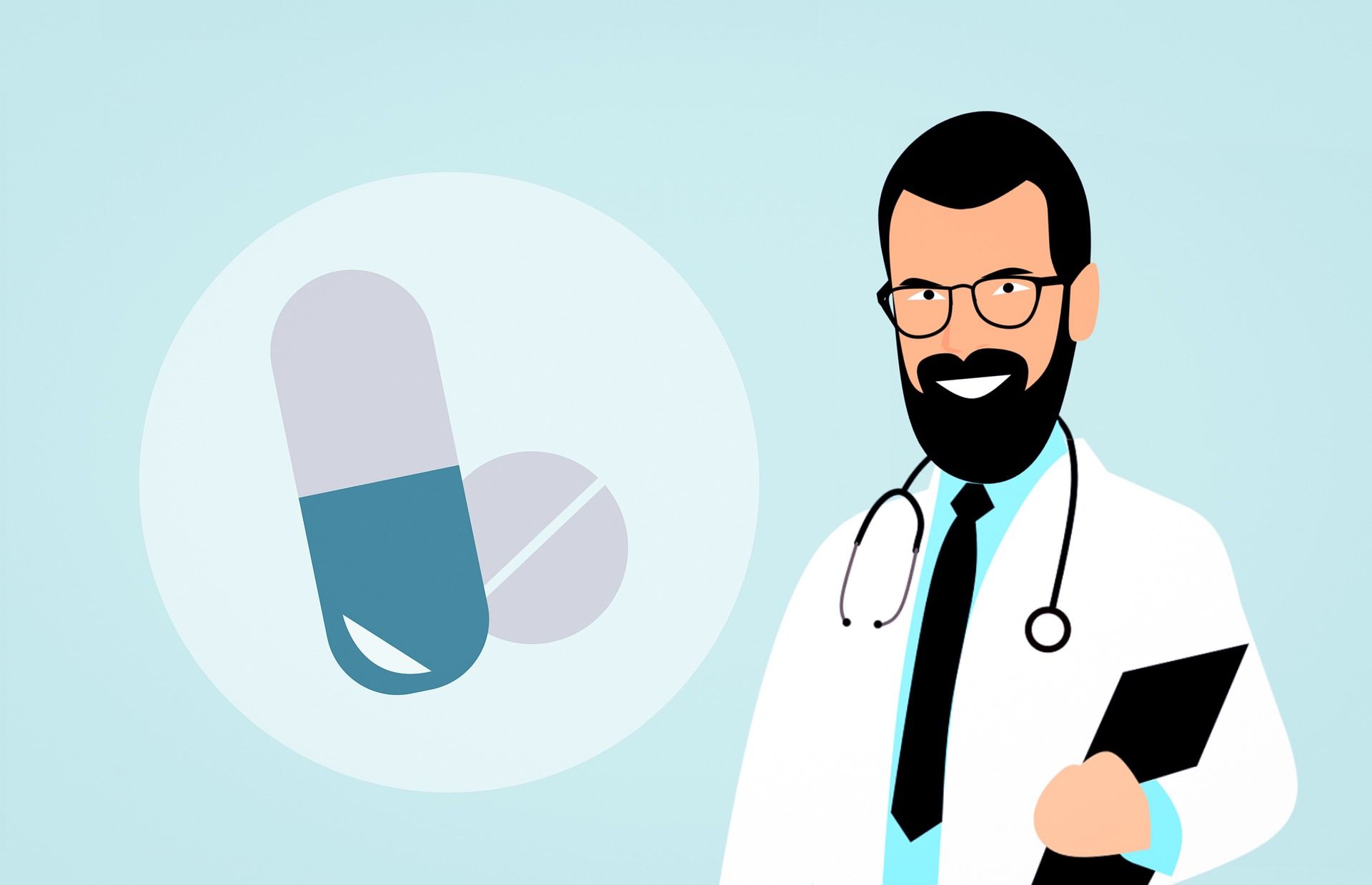Navigating insurance for addiction treatment can be a daunting task, especially given the complexities of health insurance policies and the nuances of addiction care. In New Jersey, understanding your insurance coverage is crucial for accessing the appropriate treatment services and minimizing out-of-pocket expenses. This guide will help you navigate insurance for addiction treatment, covering key aspects such as understanding your policy, verifying coverage, and exploring financial assistance options.
Can You Drink on Fluconazole?
Fluconazole is an antifungal medication commonly used to treat infections caused by fungi and yeast. If you’re taking can you drink on fluconazole, you might wonder if it’s safe to consume alcohol.
Understanding Your Insurance Policy
Before seeking addiction treatment, it's essential to thoroughly understand your health insurance policy. This involves reviewing the specifics of your coverage, including what types of addiction treatment are included and any limitations or exclusions that may apply.
- Types of Coverage:
- In-Network vs. Out-of-Network: Check whether the treatment facilities you're considering are in-network or out-of-network. In-network providers typically have lower costs for covered services compared to out-of-network providers.
- Type of Treatment Covered: Ensure your policy covers various forms of addiction treatment, such as inpatient rehab, outpatient programs, detoxification services, and counseling.
- Co-Pays and Deductibles:
- Co-Pays: Determine the co-payment amounts required for different types of services, such as therapy sessions or doctor visits.
- Deductibles: Understand your deductible—the amount you need to pay out-of-pocket before your insurance starts covering costs. Some policies have separate deductibles for mental health or addiction treatment services.
- Pre-Authorization Requirements:
- Pre-Authorization: Some insurance plans require pre-authorization for certain types of treatment. This means you may need to obtain approval from your insurance company before starting a particular program or service.
Verifying Coverage for Addiction Treatment
Once you have a clear understanding of your policy, the next step is to verify coverage for addiction treatment. This involves contacting your insurance provider and the treatment facility to ensure that the services you need are covered.
- Contact Your Insurance Provider:
- Customer Service: Call the customer service number on your insurance card to speak with a representative. Ask about your coverage for addiction treatment, including details about co-pays, deductibles, and any pre-authorization requirements.
- Get Documentation: Request written confirmation of your coverage for addiction treatment services. This documentation can be helpful if there are any disputes or issues with billing later on.
- Contact the Treatment Facility:
- Verify Network Status: Confirm with the treatment facility whether they are in-network with your insurance plan. If they are out-of-network, ask about potential costs and whether they offer payment plans or sliding scale fees.
- Obtain a Cost Estimate: Request an estimate of the total cost of treatment, including any additional fees that may not be covered by insurance. This will help you plan your budget and avoid unexpected expenses.
Exploring Financial Assistance Options
If your insurance coverage does not fully cover the cost of addiction treatment, or if you face financial difficulties, several options may help alleviate the financial burden.
- Sliding Scale Fees:
- Income-Based Fees: Some treatment facilities offer sliding scale fees based on your income and ability to pay. This can help reduce the cost of treatment if you are facing financial challenges.
- Financial Assistance Programs:
- Nonprofit Organizations: Look for nonprofit organizations and community resources that provide financial assistance for addiction treatment. These organizations may offer grants or scholarships to help cover the cost of treatment.
- Payment Plans:
- Installment Payments: Many treatment facilities offer payment plans that allow you to spread the cost of treatment over time. This can make it easier to manage out-of-pocket expenses.
- State and Federal Programs:
- Medicaid: If you qualify for Medicaid, you may be eligible for coverage of addiction treatment services. In New Jersey, Medicaid provides coverage for a range of addiction treatment services, including inpatient and outpatient care.
- Subsidized Programs: Explore state and federal programs that offer subsidized addiction treatment services for individuals who meet specific income and eligibility criteria.
Tips for Successful Navigation
Navigating insurance for addiction treatment requires careful planning and communication. Here are some tips to help you manage the process effectively:
- Stay Organized: Keep detailed records of all communications with your insurance provider and treatment facility. This includes documentation of coverage, cost estimates, and any pre-authorization approvals.
- Ask Questions: Don’t hesitate to ask questions if you are unsure about any aspect of your coverage or treatment options. Understanding the details of your policy and the treatment process will help you make informed decisions.
- Review Your Bill: After receiving treatment, carefully review your bill to ensure that all charges are accurate and that your insurance has been applied correctly. Contact your insurance provider or treatment facility if you notice any discrepancies.
- Seek Help if Needed: If you encounter challenges navigating insurance coverage or managing costs, consider seeking assistance from a patient advocate or financial counselor. These professionals can provide guidance and support throughout the process.
Online Suboxone Doctors That Accept Medicaid
Finding accessible and affordable addiction treatment can be challenging, but online suboxone doctors that accept medicaid doctors who accept Medicaid provide a valuable solution. Suboxone, a medication used to treat opioid addiction, is available through various telehealth services, making it easier for individuals to receive care from the comfort of their own homes.
Conclusion
Navigating insurance for addiction treatment in New Jersey can be complex, but understanding your policy and verifying coverage are crucial steps in accessing the care you need. By staying informed and exploring financial assistance options, you can effectively manage the costs associated with addiction treatment and focus on your recovery journey. Remember that help is available, and taking proactive steps to address insurance and financial concerns can make a significant difference in achieving long-term sobriety.
